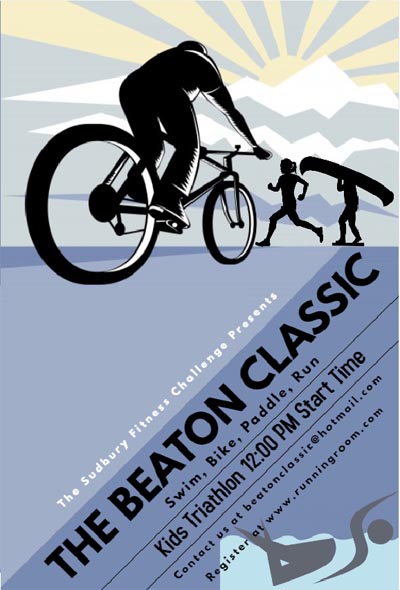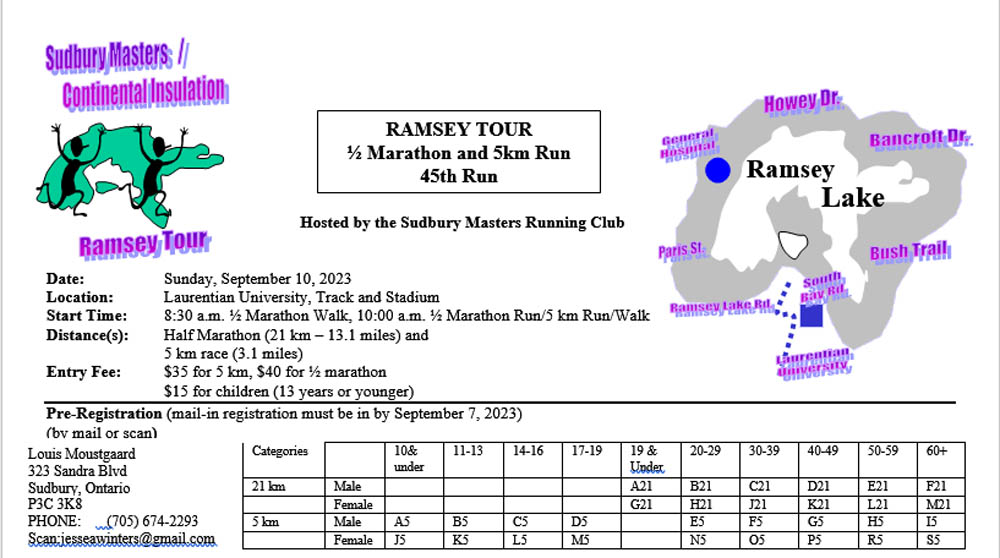|
While you know your morning java helps
you jump-start your day; you may even know that it’s
a legal performance enhancer. But you may not know what
the science behind that boost is–and whether it
can carry over to race day. A new study published in Nutrients
Journal evaluated the impact of caffeine on endurance
running performance and prolonging time to exhaustion,
and the results may have more of us reaching for an espresso
before toeing the line.
The study
The athletic community all agree on the performance-enhancing
benefits of caffeine, with World Athletics even recommending
it as a performance enhancer. However, most of the evidence
for this was established using laboratory-based studies
on cyclists. Researchers set out to determine what impact
caffeine had on endurance runners, conducting a meta-analysis
of 21 separate randomized controlled studies.
The boost caffeine gives
is called an ergogenic effect, meaning it elevates energy,
performance and recovery. This review focused on time
to exhaustion and time to complete a given distance, and
researchers acknowledged that more research is needed
on the impact of caffeine on women, since the available
information heavily is based on male runners (only 7.5
per cent of participants were women). More than two-thirds
of the athletes in the studies were recreational, with
a third competing at a more advanced level.
The takeaway
Caffeine intake showed a meaningful ergogenic effect in
increasing the time to exhaustion and improving performance
in running time trials, leading researchers to conclude
that caffeine has the potential to be used as an aid for
endurance running events. Researchers observed that caffeine
may “inhibit perceptual response during exercise”
meaning participants had an increased ability to tolerate
discomfort associated with fatigue while running.
While more evidence is needed
to establish the best effective dose for runners, it’s
safe to say caffeine as a performance-enhancing supplement
for all running distances is here to stay. |


219.jpg)























